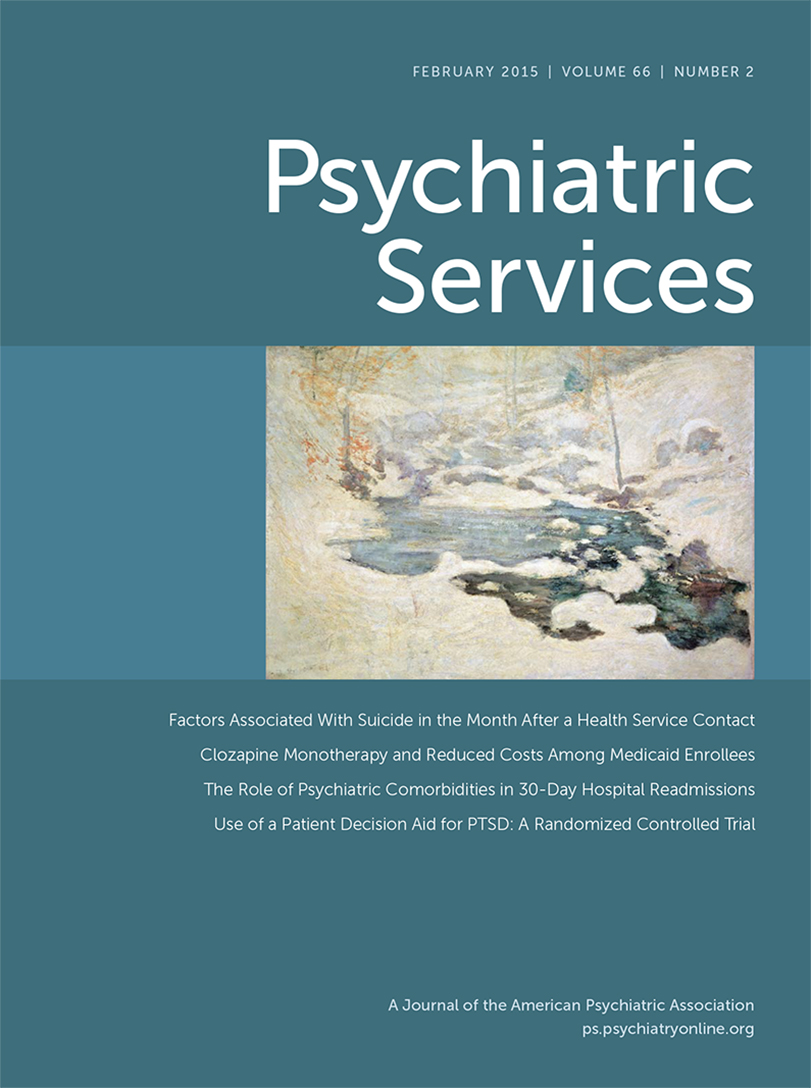Mental Health–Related Discrimination as a Predictor of Low Engagement With Mental Health Services
Abstract
Objective:
This study aimed to test the hypothesis that mental health–related discrimination experienced by adults receiving care from community mental health teams is associated with low engagement with services and to explore the pathways between these two variables.
Methods:
In this cross-sectional study, 202 adults registered with inner-city community mental health teams in the United Kingdom completed interviews assessing their engagement with mental health services (service user–rated version of the Service Engagement Scale), discrimination that they experienced because of mental illness, and other variables. Structural equation modeling was conducted to examine the relationship of experienced discrimination and service engagement with potential mediating and moderating variables, such as anticipated discrimination (Questionnaire on Anticipated Discrimination), internalized stigma (Internalized Stigma of Mental Illness Scale), stigma stress appraisal (Stigma Stress Appraisal), mistrust in services, the therapeutic relationship (Scale to Assess Therapeutic Relationships), difficulty disclosing information about one’s mental health, and social support. Analyses controlled for age, race-ethnicity, and symptomatology.
Results:
No evidence was found for a direct effect between experienced discrimination and service engagement. The total indirect effect of experienced discrimination on service engagement was statistically significant (coefficient=1.055, 95% confidence interval [CI]=.312–2.074, p=.019), mainly via mistrust in mental health services and therapeutic relationships (coefficient=.804, CI=.295–1.558, p=.019). A 1-unit increase in experienced discrimination via this pathway resulted in .804-unit of deterioration in service engagement.
Conclusions:
Findings indicate the importance of building and maintaining service users’ trust in mental health services and in therapeutic relationships with professionals and countering the discrimination that may erode trust.



